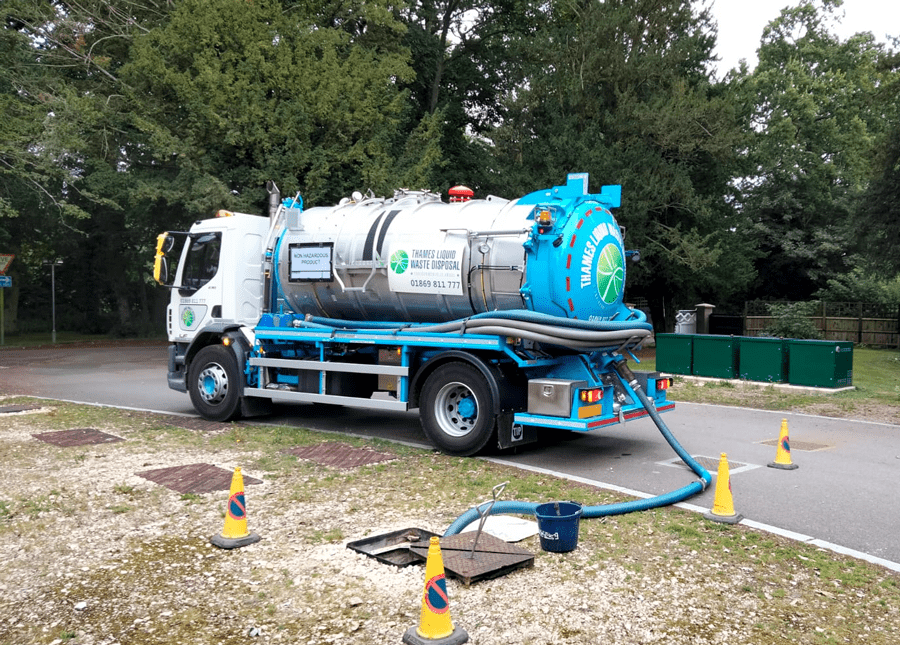8 Easy Facts About Reclaim Waste Described
Table of ContentsSome Known Factual Statements About Reclaim Waste The Best Strategy To Use For Reclaim WasteReclaim Waste - An OverviewThe Greatest Guide To Reclaim WasteWhat Does Reclaim Waste Do?
Via proper liquid waste administration, firms can reduce energy-intensive treatment procedures and disposal expenses. By complying with a system for managing liquid waste, companies can stay clear of expensive penalties and fines and stay clear of adverse promotion.
Accumulate depictive examples from numerous factors within the waste stream to make certain precision. Liquid waste, especially hazardous ones, poses considerable dangers throughout this action.

is called for when the effluent will be reused or released into local swimming pools. Sanitation (e.g., chlorination, ultraviolet light, ozonation) and nutrient elimination (e.g., denitrification and phosphorus elimination) are recommended under stringent policies. This stage in the process is strictly regulated because it is when most risks take place. Numerous firms went against numerous fluid waste disposal guidelines in recent years.
The Best Strategy To Use For Reclaim Waste

Shallow basins have fluid waste that is allowed to vaporize through natural procedures. This type of disposal is subject to strict ecological laws due to possibly hazardous exhausts.
The findings ought to be recorded, examined, and stored not just for submission to regulative authorities but likewise for making enhancements in the future. Usage trustworthy tools, techniques, and software program remedies to ensure precise and constant data collection. Keep upgraded on appropriate ecological regulations and market criteria. Share details with relevant stakeholders (e.g., employees, regulatory government companies, and close-by neighborhoods) to maintain transparency and accountability.
Recognizing these can assist them efficiently manage their procedures and lessen their environmental impact. Firms that can't invest in centers must think about working together with the public field for better solutions.
Reclaim Waste Can Be Fun For Anyone
By carrying out extensive monitoring systems that include treatment and reusing strategies, normal tracking, threat assessments, and adherence to neighborhood and government policies, commercial facilities can contribute to the defense of groundwater supplies, guaranteeing their availability for future generations (liquid waste removal). Let's dive right into the importance of efficient fluid waste monitoring in the industrial sector, concentrating on its ramifications for safeguarding groundwater resources
The contamination of groundwater sources because of inappropriate liquid waste administration in the industrial field has far-reaching effects for human wellness, farming, and the setting as More Help a whole. Several of the potential influences brought on by such contamination consist of: Polluted Alcohol consumption Water Supplies: As groundwater provides a significant section of our alcohol consumption water, pollution from commercial tasks can lead to unsafe chemicals and bacteria entering our water systems, posing health and wellness risks for people.
Lowered Agricultural Performance: Agriculture relies greatly on groundwater for irrigation; therefore, contaminated water can prevent plant yields, contaminate agricultural products, and impact food safety and security. Given the importance of preserving groundwater sources, it is important for companies to take a proactive stance in handling their liquid waste sensibly and preventing pollution.
Some Of Reclaim Waste
Liquid waste can infect land and contaminate waters. Information regarding managing and keeping fluid waste, responding to spills and decreasing fluid waste is offered in the following reality sheets and support:.
The role of waste administration experts in safeguarding this priceless source can not be overstated. Polluted water and infected effluent management: Making certain that dangerous liquids are safely eliminated and dealt with before they can harm our water sources.
Therefore, incorporating sustainable fluid waste management into economic planning improves economic security and safeguards the atmosphere, demonstrating the worth of this approach. In verdict, embracing professional liquid waste monitoring methods is important for making sure a lasting future, securing our atmosphere and protecting the health of future generations.
When it pertains to taking care of waste, sticking to correct treatments is vital for a multitude of reasons. Proper garbage disposal is not practically cleanliness; it has to do with making sure the wellness of our environment, wellness, and the reliable use resources. Comprehending the relevance of effective waste monitoring can assist us all add to a much healthier, cleaner earth.
The Main Principles Of Reclaim Waste
Efficient waste management aids keep clean roads and public spaces, decreasing the visual impact of trash and ensuring that waste does not hurt wildlife. When waste is not dealt with effectively, it can result in pollution, where unsafe compounds can seep right into the soil, water supply, and the air, producing long-term ecological problems.
Comments on “Some Known Details About Reclaim Waste”